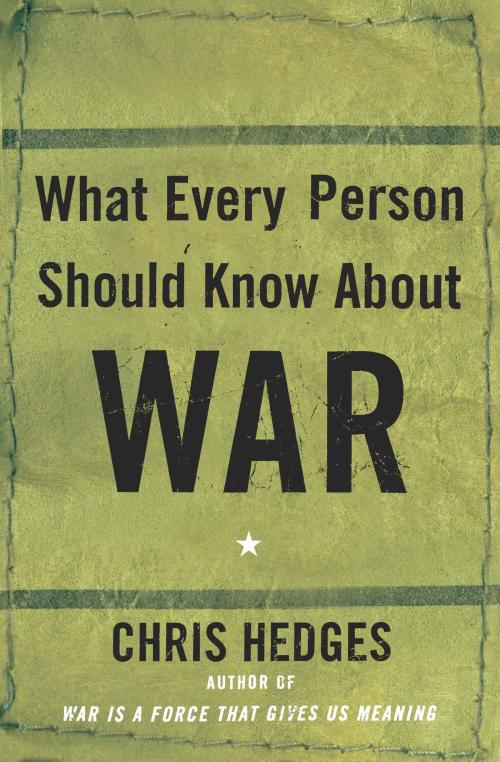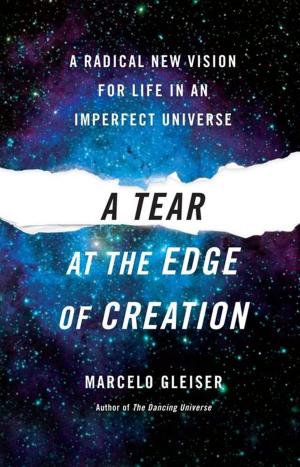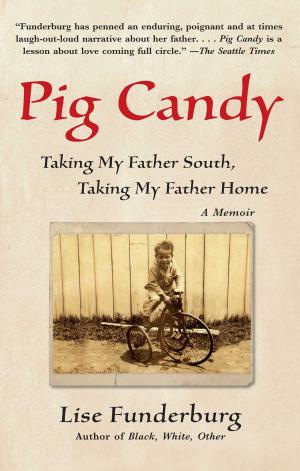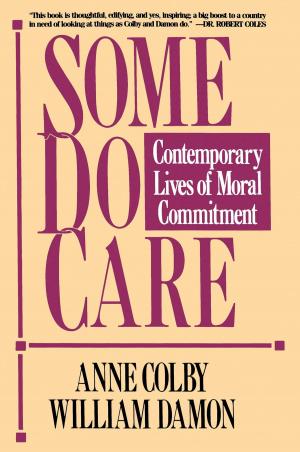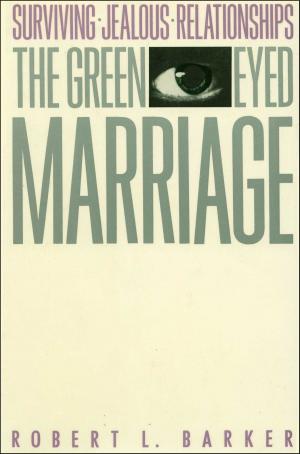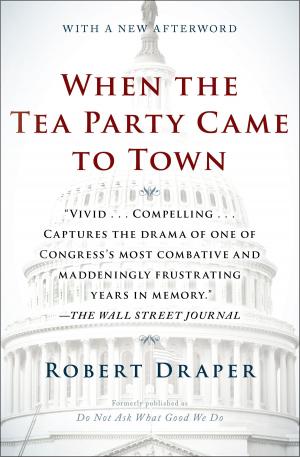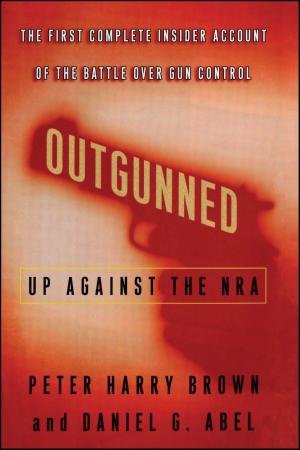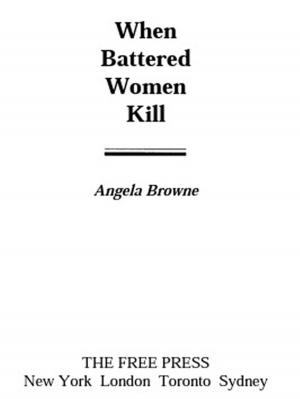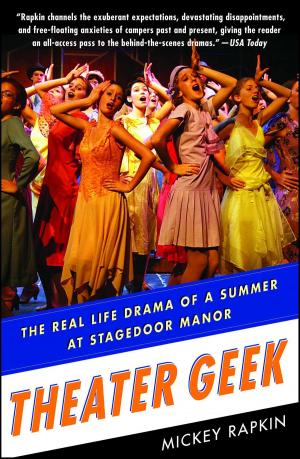| Author: | Chris Hedges | ISBN: | 9781416583141 |
| Publisher: | Free Press | Publication: | November 1, 2007 |
| Imprint: | Free Press | Language: | English |
| Author: | Chris Hedges |
| ISBN: | 9781416583141 |
| Publisher: | Free Press |
| Publication: | November 1, 2007 |
| Imprint: | Free Press |
| Language: | English |
Acclaimed New York Times journalist and author Chris Hedges offers a critical -- and fascinating -- lesson in the dangerous realities of our age: a stark look at the effects of war on combatants. Utterly lacking in rhetoric or dogma, this manual relies instead on bare fact, frank description, and a spare question-and-answer format. Hedges allows U.S. military documentation of the brutalizing physical and psychological consequences of combat to speak for itself.
Hedges poses dozens of questions that young soldiers might ask about combat, and then answers them by quoting from medical and psychological studies.
What are my chances of being wounded or killed if we go to war?
What does it feel like to get shot?
What do artillery shells do to you?
What is the most painful way to get wounded?
Will I be afraid?
What could happen to me in a nuclear attack?
What does it feel like to kill someone?
Can I withstand torture?
What are the long-term consequences of combat stress?
What will happen to my body after I die?
This profound and devastating portrayal of the horrors to which we subject our armed forces stands as a ringing indictment of the glorification of war and the concealment of its barbarity.
Acclaimed New York Times journalist and author Chris Hedges offers a critical -- and fascinating -- lesson in the dangerous realities of our age: a stark look at the effects of war on combatants. Utterly lacking in rhetoric or dogma, this manual relies instead on bare fact, frank description, and a spare question-and-answer format. Hedges allows U.S. military documentation of the brutalizing physical and psychological consequences of combat to speak for itself.
Hedges poses dozens of questions that young soldiers might ask about combat, and then answers them by quoting from medical and psychological studies.
What are my chances of being wounded or killed if we go to war?
What does it feel like to get shot?
What do artillery shells do to you?
What is the most painful way to get wounded?
Will I be afraid?
What could happen to me in a nuclear attack?
What does it feel like to kill someone?
Can I withstand torture?
What are the long-term consequences of combat stress?
What will happen to my body after I die?
This profound and devastating portrayal of the horrors to which we subject our armed forces stands as a ringing indictment of the glorification of war and the concealment of its barbarity.
